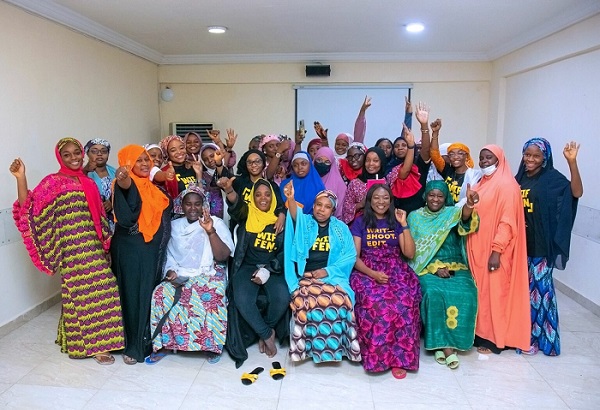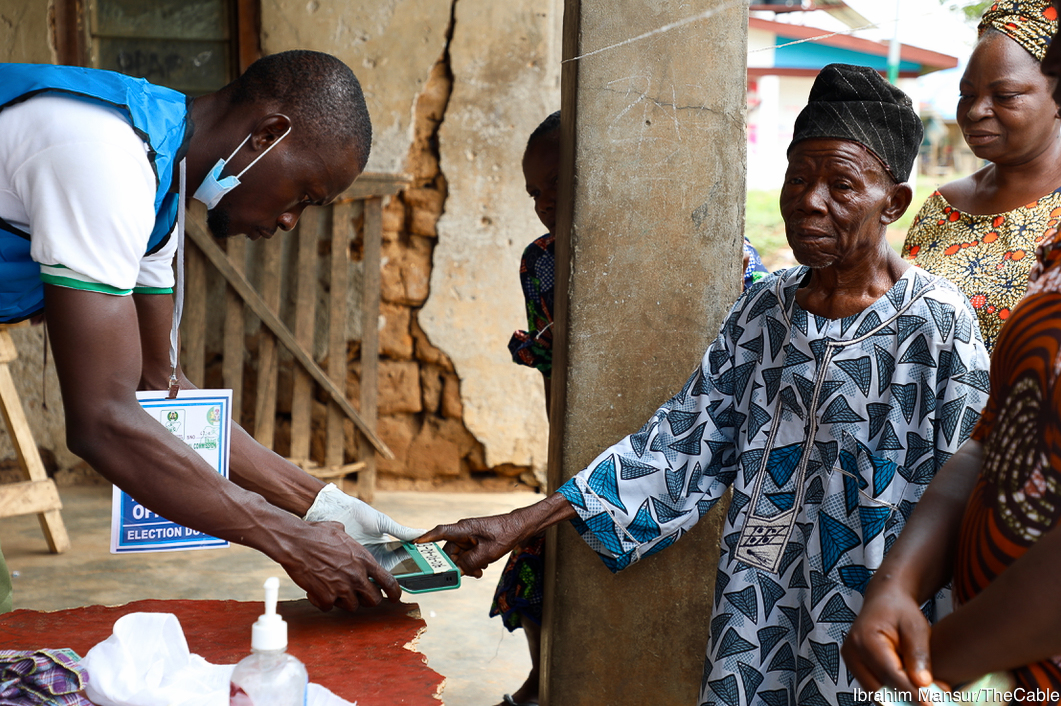Filmmaker Babangida Bangis reveals why young married women 'can't act in Kannywood'
After the excitement of the annual International Women’s Day (IWD), which has been celebrated around the world since the 1900s and was recognized by the UN in 1977, has subsided, perhaps we can now have a serious conversation about why the celebration is now rooted in unsustainable glee by women and blatant tokenism by organisations, institutions, businesses, and governments, costing them nothing, a sobering departure from the intention and importance of the day by its visioners.
In the 1900s, women saw the need to designate a day to call attention to the injustices they had to deal with, including the exclusion of women from voting, property ownership, education, economic disparity, and the subjection to racial and gender discrimination. As an act of resistance and non-conformity against the state, women spearheaded these protest movements; they fought for the notion that women were equal to men and deserving of equal advantages and protection as men.
To their credit and our absolute gratitude, they ensured that women today have the majority of rights enjoyed by men such as the right to vote, own property, exercise our agency, and own our voices, and are not merely considered chattels of the men. However, as we all know, even though these movements have evolved and succeeded in securing more rights for women, the fight is far from being won. Women are still globally protesting their inalienable rights.
Based on this foundation of rich history, it concerns me that every year on March 8th, we have become complacent in our demands for a just and equal society and accepting of mediocre gestures wrapped in fleeting excitement and a distracting torrent of empty words unsupported by measurable and sustainable legislative changes, economic reforms, government initiative, and organizational policy interventions that advance our cause as women.
Advertisement
Today, a deluge of JPG advertisements celebrating International Women’s Day saturate print and social media with sycophantic homage to the resilience, perseverance, and arduous achievements of women. We are aware of our innate strength and are sick of being praised for it when we have no choice but to get stronger to survive, be respected, and feel safe. We’re fed up with battling to topple patriarchal structures that were built to oppress women of all ages.
When we are dealing with issues like sexual harassment and assault, gender pay disparity, female commodification, domestic violence, reproductive rights and autonomy, direct and indirect political exclusion, cloaked invisibility at tables dominated by men, and beauty standards pressures fuelled by the fantasies of aesthetically flawed men. We do not want hypocritical praise from those who have the power to make a real difference.
We don’t need praise singing when women in Afghanistan are still fighting for the right to education; when women of South Korea with their 4B movement are still fighting against femicide, spy-cam sex crimes, revenge porn, and a right to live in a safe society, when women in the US are still fighting for reproductive rights and stricter gun laws so they can stop being killed or burying their loved ones, and when worldwide women are still being raped, murdered, trafficked, and exploited through corporate prostitution, sex for grades, jobs and career advancement.
Advertisement
In Africa, laws remain discriminatory, culture remains oppressive, the workplace is still anti-women, income inequality persists, maternal mortality is growing, and domestic violence is increasing. Despite this, we giddily organize and sit in seminars recapping issues, rehearsing solutions, and having feel-good discussions while bemoaning how things continue to deteriorate. We scream ‘I exist,” but we exist in chains indulged by yearly themes and the hands-crossing of artificial solidarity.
The more we applaud their performative behaviours and tokenism, the more things get worse for us, such as when an abuser brings flowers after an assault. Dreadfully, we are enamoured by the flowers, perishable as they are. We discredit the sacrifices the IWD’s framers and visionaries made by straying from what they intended. For future generations to not question our contribution to the struggle, this piece is a call for us to retrace our steps.
Our agenda is straightforward: we make demands. Demands that several legislations that support women before the house be passed into law. Demand that corporations and businesses advertise their scorecards of tangible, verifiable, measurable, and sustainable actions they have taken to advance gender equality, such as pay equality and transparency, reasonable maternity leave, sexual harassment help lines, creches, sanitary provisions in bathrooms, upskilling, timely promotions, and flexible work schedules. Demand that the government and its agencies adopt and implement women-friendly policies.
Demands advance our cause, guarantee we get results, and enable us to measure our progress. We shall applaud the demands that have been satisfied on the upcoming International Women’s Day, reject corporations and institutions with unmet demands, and denounce those who continue to support displays of tokenism. Women, let us say enough to the flatteries that encourage responsibility escapism.
Advertisement
Views expressed by contributors are strictly personal and not of TheCable.
Add a comment







